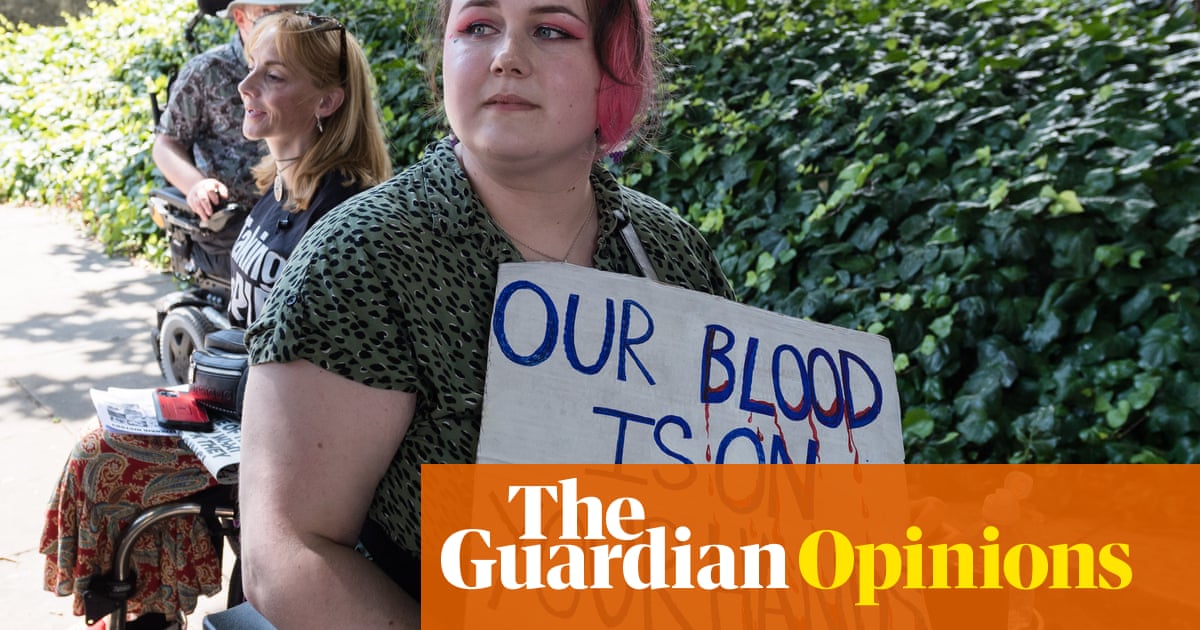
"The rebellion of 47 Labour MPs carries more weight than the numbers suggest because it taps into questions of moral judgment. Some who voted against the bill's third reading may be driven by factional grudges."
"Ministers had shamelessly claimed their new bill lifts 50,000 people out of poverty. This only works by counting 150,000 spared harm by scrapping Tory plans."
"In fact, 100,000 more people, mostly disabled, will fall into poverty due to the changes in Labour's new act. That's not a progressive policy."
"By not implementing the Tory change, Labour has in effect incurred a cost to the Treasury of about 3.6bn, but ministers are, paradoxically, booking this non-action as both a net saving and a social gain."
In 2022, the collapse of Liz Truss's mini-budget raised concerns about the potential impact of Labour's rushed welfare reform bill. The bill underwent significant changes, prompting rebellion among 47 Labour MPs over moral concerns. The new welfare legislation changes the universal credit health element, contributing to an increase in poverty for 100,000 disabled individuals. Despite government claims of lifting people out of poverty, the real impact is a sleight of hand highlighting deeper cuts. The UN acknowledged the discrepancies in financial reporting relating to the bill's outcomes, questioning its progressive nature.
Read at www.theguardian.com
Unable to calculate read time
Collection
[
|
...
]